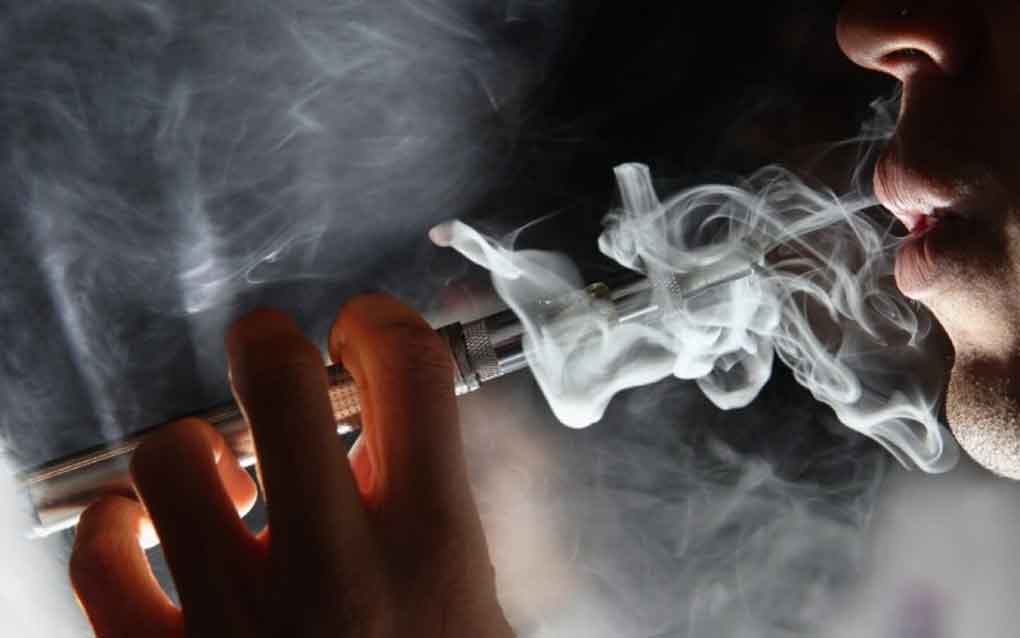“The effect of using vaping devices seems to be less than cigarettes and it turns out that there are substances that do a lot of damage to health,” warned the president during her usual press conference, urging young people and adolescents to observe the substances they contain.
Speaking at the meeting, the head of the Federal Commission for the Protection against Sanitary Risks (Cofepris), Armida Zúñiga, presented the results of a study carried out in the country and said that experts quantified between 13 and 71 compounds originally present in vaping.
According to her, when the contents of the capsules were burned and the vapor was generated, the specialists detected between 73 and 167 substances that cause damage to health, including -in addition to nicotine- others such as acrolein, associated with cardiac arrhythmias. During the investigation, they also identified formaldehyde, which causes irritation of the mucosa, damage to the nervous system, and risk of lung, larynx and esophageal cancer, as well as methylglyoxal and glyoxal, which are cytotoxic to the epithelial cells of the respiratory tract.
They also confirmed the presence of high concentrations of benzene, toluene and xylenes, which affect the central nervous and hematopoietic (blood) systems and cause cancer, and acetaldehyde, which in association with alcohol and tobacco is also classified as a carcinogen.
Zúñiga also referred to dimethyl ether, which causes irritation of the eyes and respiratory tract and can affect the central nervous system.
“What we have in our hands is not a minor issue, it is the health of the population and it is the health, I repeat, of our children and young people,” said the federal commissioner, pointing out the existence of many studies around the world that also demonstrate the harmfulness of such elements.
These are not harmless products, she insisted, because they will cause damage in the medium and long term and are also the gateway to various addictions, hence the intervention from Cofepris and the government headed by President Sheinbaum.
As part of this effort, the Mexican Senate recently approved raising the ban on vaping and illicit fentanyl to constitutional status, and sent the reform to the congresses of the federal entities for the continuation of the legislative process.
The ruling, approved with 110 votes in favor and five against, adds provisions to articles four and five of the Constitution and determines that, to guarantee the right to health protection, the law will punish, among other activities, those related to vapers.
ef/jcm/las










